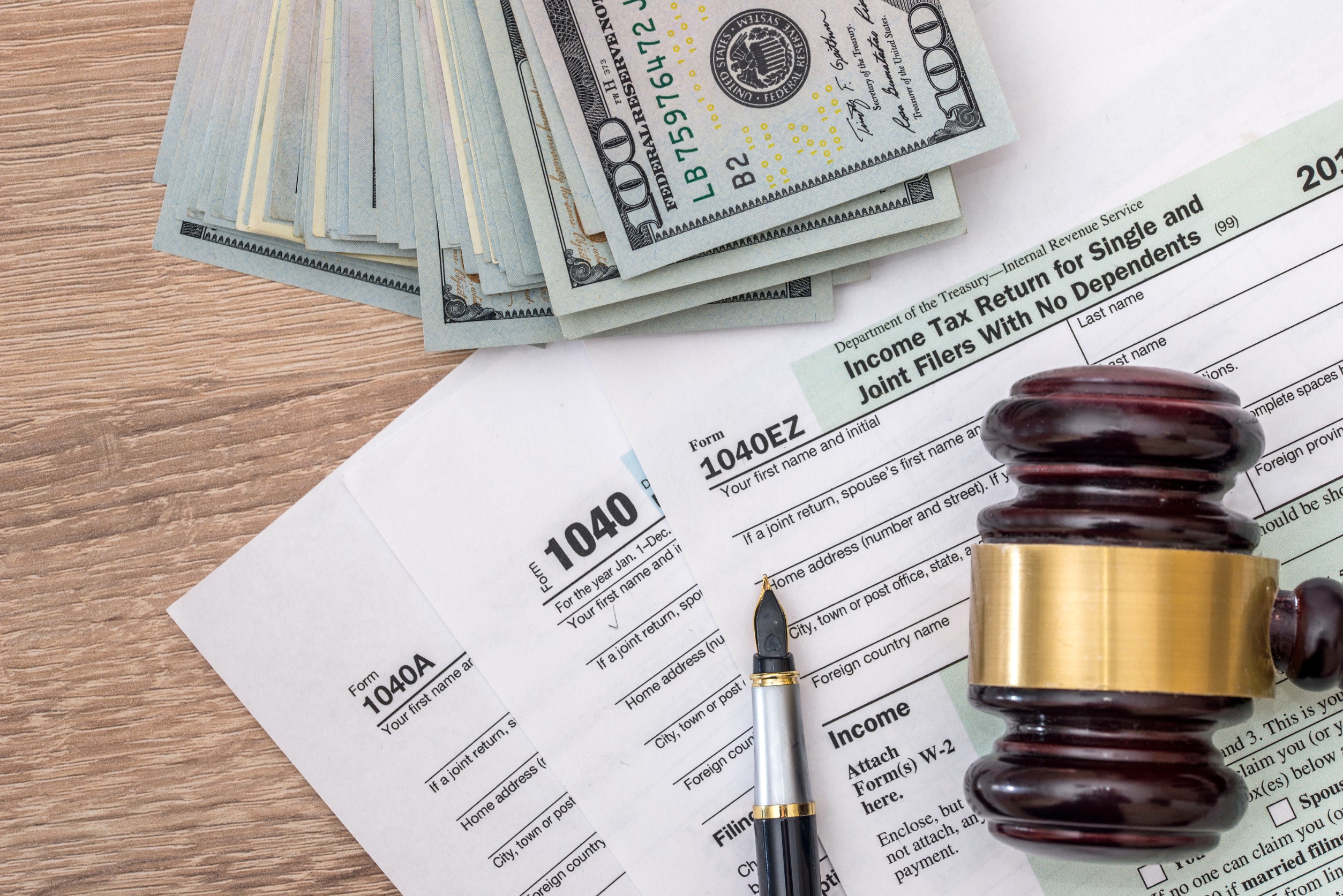Can These 8 Tax Planning Tips Make Filing Your Taxes Easier?

123rf
Filing your taxes doesn’t have to be a stressful ordeal. By using smart tax planning tips, you can simplify the process, reduce errors, and potentially save money. Whether you’re a seasoned filer or a first-timer, these effective strategies will help you nail tax season. Let’s dive into eight tips that can transform your tax filing experience.
1. Organize your financial records ahead of time
Tax time goes smoothly when you’re prepared. Gather documents such as W-2s, 1099s, and expense deduction receipts well in advance of the filing deadline. Keep your financial records organized in labeled folders or a digital system to avoid last minute conflicts. Staying organized prevents being caught unawares and ensures you don’t miss any important information. Starting early gives you time to correct any discrepancies or missing paperwork.
2. Understand Your Filing Status
Your filing status greatly affects your tax liability. Options such as single, filing jointly, or head of household come with different tax brackets and benefits. If you’ve experienced major life changes, such as marriage or a new dependent, determine which scenario best fits your situation. Knowing your status also helps determine eligibility for credits and deductions. Choose the option that maximizes your tax benefits.
3. Take Advantage of Tax Deductions

123rf
Tax deductions lower your taxable income, so don’t leave money on the table. Common deductions include mortgage interest, student loan interest, and charitable contributions. If you’re a business owner, check for deductions for office, travel, and equipment expenses. Consider whether doing things or taking regular deductions yields a better result. Keep complete records to verify your claims if they are investigated.
4. Check Out Big Savings Tax Credits
Unlike deductions, tax credits directly reduce your tax bill. Look for credits like the Child Tax Credit, the Earned Tax Credit, or education credits like the Lifetime Learning Credit. These credits can significantly reduce the amount you owe or increase your repayments. Some credits are refundable, meaning you may get money even if you owe no tax. Familiarize yourself with the eligibility criteria to take full advantage of these opportunities.
5. Contribute to Tax Benefit Accounts
Tax-advantaged accounts, such as 401(k)s, IRAs, and Health Savings Accounts (HSAs), are powerful tools for reducing taxable income. Contributions to these accounts can lower your tax bill while helping you save for retirement or health care. Increase your contributions if possible, especially if your employer gives you matching funds. These accounts also offer long-term benefits, making them a winning strategy. Review annual contribution limits to maximize your savings.
6. Stay Abreast of Tax Law Changes

123rf
Tax laws are constantly changing, and staying informed is important to avoid the unexpected. Changes may affect deductions, credits, or filing deadlines, so check with reliable sources or a tax professional. Online tools and government websites often publish updates to keep taxpayers informed. Due diligence helps you adjust your strategy and ensure compliance with new regulations. Knowledge is your greatest helper in proper tax planning.
7. Consider Hiring a Tax Professional
While DIY tax filing is tempting, more complex situations can benefit from professional advice. Tax professionals can identify savings opportunities, ensure accurate filing, and manage IRS communications. They are especially useful if you own a business, have a large income stream, or have experienced major life changes. Investing in professional guidance often pays off with less stress and better financial results. Choose a reliable repairman to ensure quality service.
8. Apply Early and Avoid the Last Minute Rush
Procrastination adds unnecessary stress to tax season. Filing early gives you enough time to double-check your work, avoid mistakes, and solve potential problems. Early filers are also less likely to experience processing delays or fall victim to tax-related scams. If you’re expecting a refund, sending early means you’ll get your money sooner. Make it a habit to deal with taxes early before the deadline.
Make Tax Season Easy with Smart Planning
Tax season doesn’t have to be chaotic. By adopting these tax planning tips, you can stay organized, maximize savings, and file with confidence. Whether you’re using deductions, checking credits, or seeking professional advice, a little preparation goes a long way. Start early, stay informed, and make tax season a breeze. The effort you invest now will pay off in stress-free fulfillment and success.
The post Can These 8 Tax Planning Tips Make Filing Your Taxes Easier? appeared first on The Free Financial Advisor.
Source link



